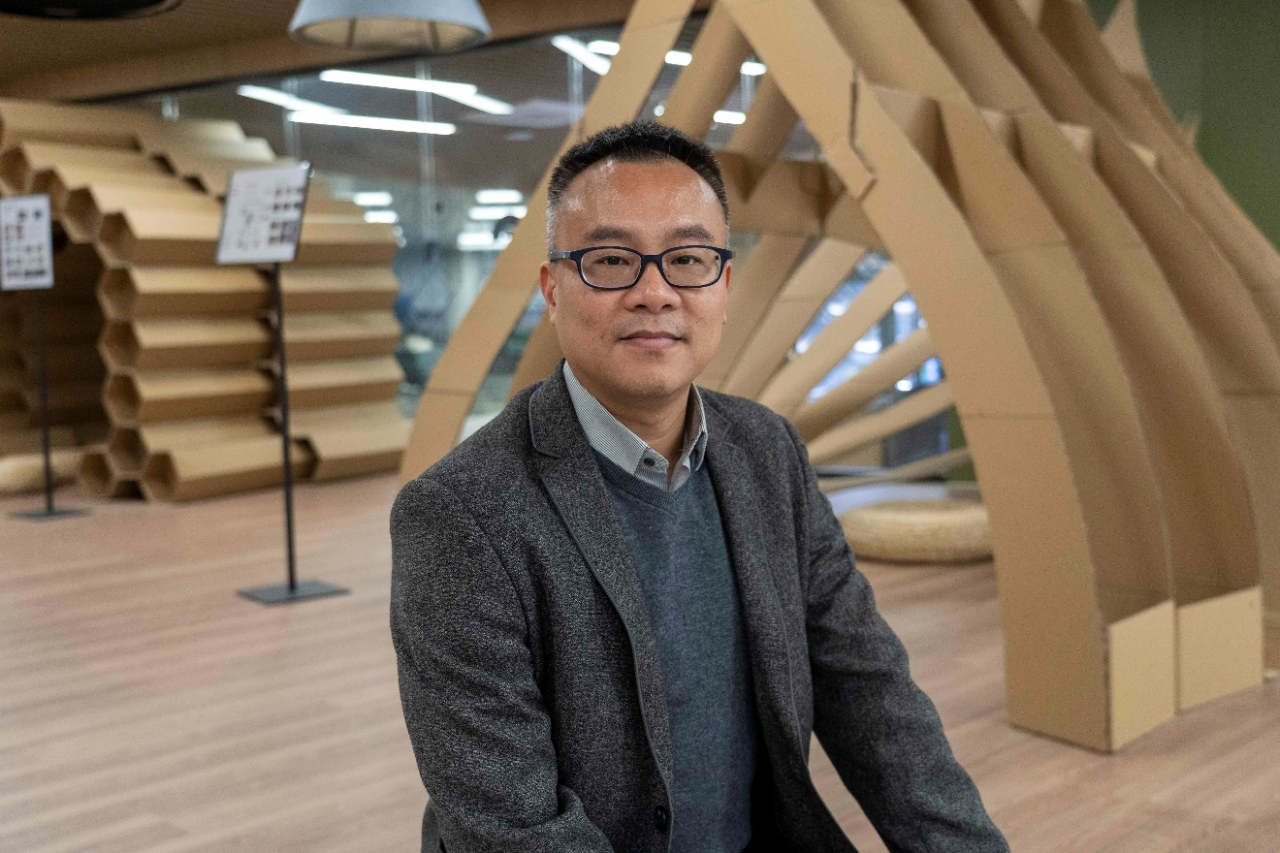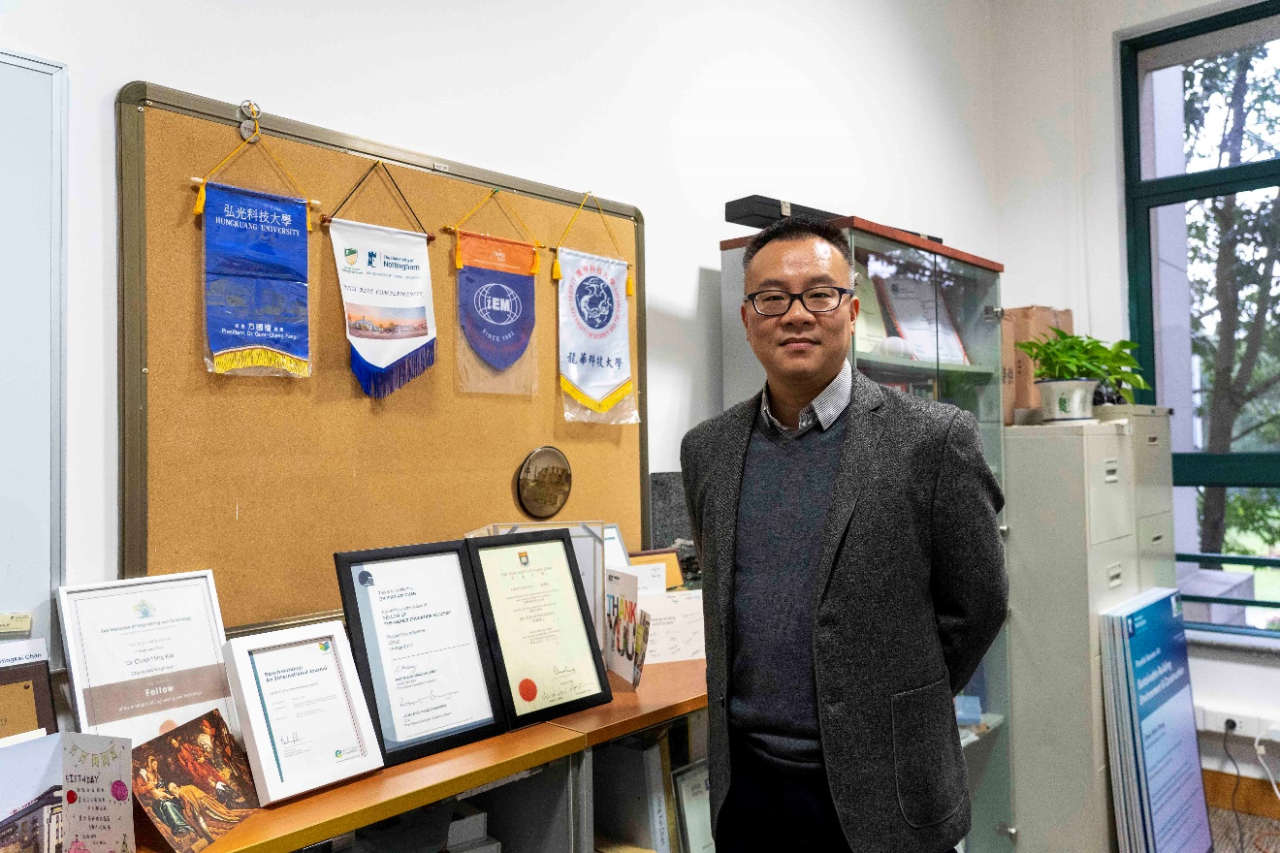A patented watermarking technology, jointly developed by the University of Nottingham Ningbo China (UNNC) academics, is now being linked to blockchain technology to allow for the licensing of 3D printed objects. This pioneering technology will help companies to license their products for 3D printing properly for the first time, allowing them to expand into new markets.
The work, which is supported by grants from the UK Arts and Humanities Research Council and the UNNC Li Dak Sum Innovation Fellowship, was recently highlighted at the British and Irish Law Education Technology Association (BILETA) conference in April 2022.

This technology will help companies to license their products for 3D printing properly (Photo/UNNC)
Many people using 3D printing recruit a company to print using a downloaded digital file. As these files can be subject to leakage, the licensing and watermarking of these files ensure the intellectual property is more safely authenticated, traded, and stored.
Incorporating blockchain into this process will also allow copyright information to be included and give creators an extra layer of legal protection as well as the watermark.
As one of the inventors of watermarking technology, Professor Hing Kai Chan says that applying blockchain will better help tackle the intellectual property rights challenges faced by emerging technologies such as 3D printing.

Professor Hing Kai Chan, University of Nottingham Ningbo China (Photo/UNNC)
"The toughest problem in 3D printing is not the technology itself, but the protection of intellectual property”, Professor Chan said. "Currently there are no specific legal provisions for licensing contracts on 3D printing in China. Our licensing system will enable new technical standards for licensing and distributing so as to protect creative 3D printed works worldwide."

Professor Hing Kai Chan and his academic and industrial achievements (Photo/UNNC)
UNNC academics Professor Hing Kai Chan and Dr. Lei Hao are part of the international project team of experts. The team also has academics from the University of Exeter Law School, the University of Essex, and the University of Nottingham UK.
Editor: Ye Ke




